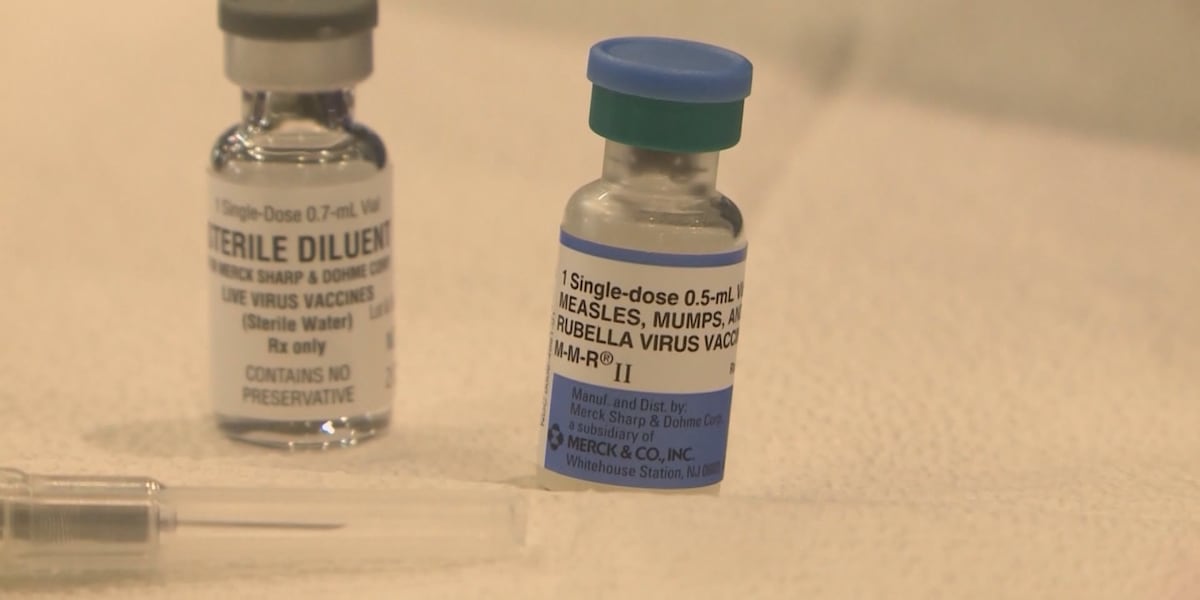Vaccine Shield: Brazos County Fights Back as Texas Measles Outbreak Surges Past 600 Cases

Protecting Our Littlest Residents: Free Infant Vaccinations Available
This National Infant Immunization Week, the Brazos County Health District is taking a crucial step in safeguarding our community's youngest members. On April 24th, parents of uninsured or underinsured infants can access free vaccinations, ensuring every child has the opportunity to start life with strong health protection.
From April 21-28, communities nationwide will celebrate the importance of childhood immunizations. The Brazos County Health District is proud to support this mission by offering a no-cost vaccination clinic specifically designed to help families who might face financial barriers to essential healthcare.
By providing these free vaccinations, the health district aims to protect infants from preventable diseases and support parents in giving their children the healthiest possible start in life. Parents interested in this valuable service are encouraged to take advantage of this opportunity to keep their little ones safe and healthy.
